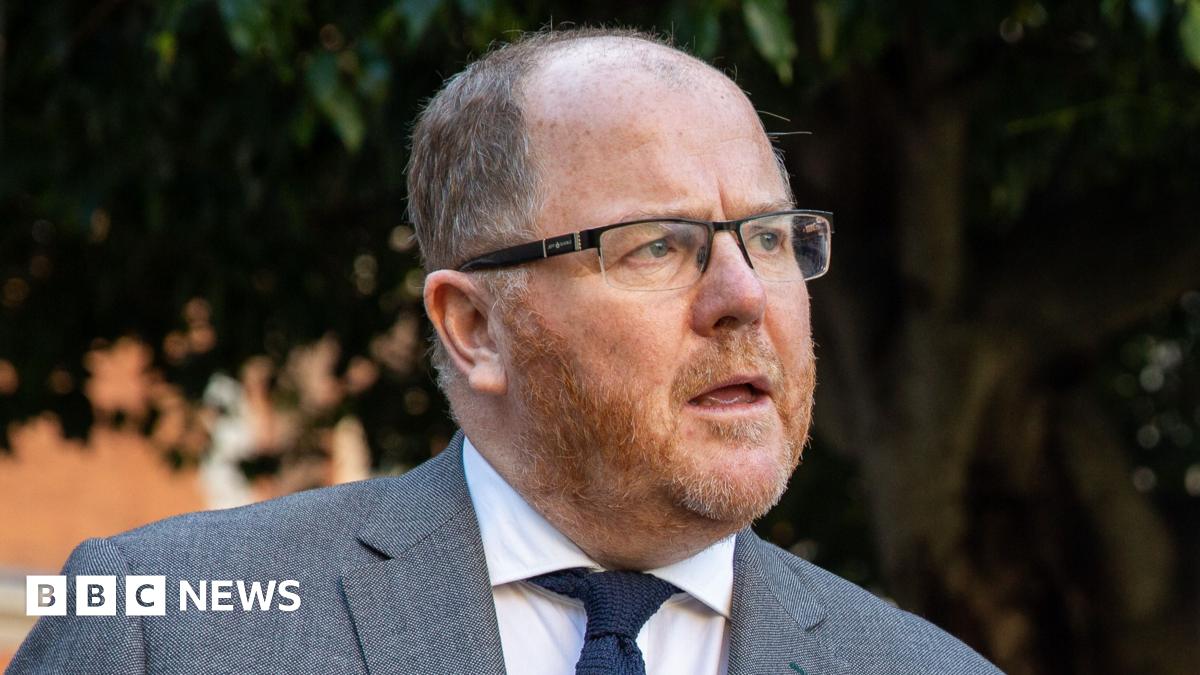MP Faces Investigation Over 'Cash for Questions' Allegations: Emails Spark Commissioner Inquiry

- Scandal Rocks Parliament: Conservative MP George Freeman has voluntarily referred himself to the Parliamentary Commissioner for Standards following the release of controversial emails.
- 'Cash for Questions' Claims: The leaked emails appear to show Freeman discussing potential parliamentary questions with a firm he was employed by, raising serious concerns about a potential 'cash for questions' scheme.
- Email Content Under Scrutiny: The correspondence allegedly details Freeman enquiring about what questions he should pose to government ministers, prompting questions about potential conflicts of interest and undue influence.
- Freeman's Response: While Freeman has acknowledged the existence of the emails, he insists he acted with integrity and that his actions were misinterpreted. He has proactively referred himself to the Commissioner to ensure transparency and a thorough investigation.
- Wider Implications: The allegations have sparked widespread condemnation from opposition parties and calls for a full inquiry into the matter. This incident highlights the ongoing scrutiny surrounding MPs' outside interests and potential conflicts of interest.
- The Commissioner's Role: The Parliamentary Commissioner for Standards will now investigate the allegations and determine whether any rules or ethical guidelines have been breached. This process may involve interviewing Freeman, reviewing further evidence, and issuing a report with recommendations.
- Public Reaction: The news has been met with a mixture of anger and disappointment from the public, with many questioning the integrity of the political system.
- What Happens Next?: The outcome of the investigation could have significant consequences for Freeman's political career and potentially impact the reputation of Parliament as a whole. The investigation is expected to be lengthy and complex.
The controversy centres around a series of emails that have been circulating online, purportedly showing Freeman, a former minister, asking a company called ASI Data for advice on what questions he should ask ministers in Parliament. ASI Data, a firm specializing in data analytics, employed Freeman as an advisor. The emails suggest that Freeman was seeking guidance from his employer on matters of parliamentary scrutiny, raising concerns about whether his actions were influenced by his private sector interests.
Freeman has stated that the emails were taken out of context and that he was merely seeking information to improve his understanding of policy issues. He claims that he has always acted with the utmost integrity and that his actions have been misrepresented. However, the release of the emails has prompted calls for a thorough investigation to determine whether any rules or ethical guidelines have been violated.
The Parliamentary Commissioner for Standards, a body responsible for investigating allegations of misconduct by MPs, will now conduct a formal inquiry into the matter. The Commissioner has the power to interview witnesses, examine documents, and issue a report with recommendations, which could include sanctions against Freeman, such as suspension from Parliament or even expulsion.
This incident comes at a time when public trust in politicians is already low, and it is likely to further erode confidence in the political system. Opposition parties have seized on the allegations to attack the government and demand greater transparency and accountability from MPs.
The investigation is expected to be lengthy and complex, and the outcome remains uncertain. However, one thing is clear: the allegations against George Freeman have raised serious questions about the integrity of Parliament and the need for stricter rules governing MPs' outside interests.






